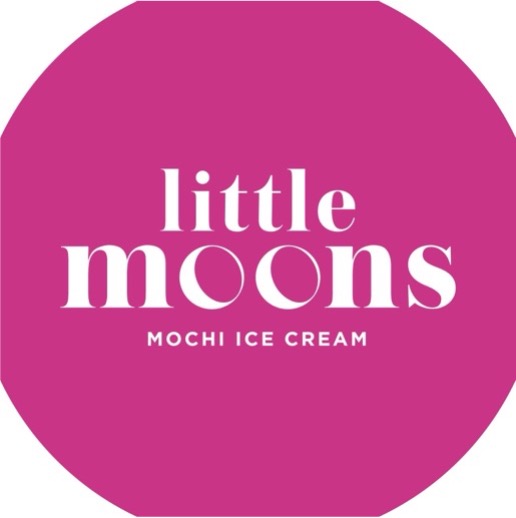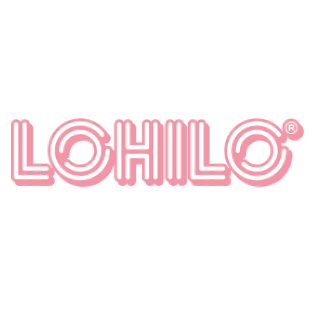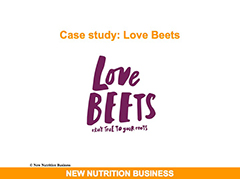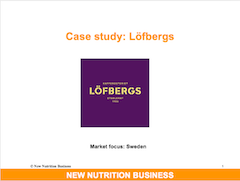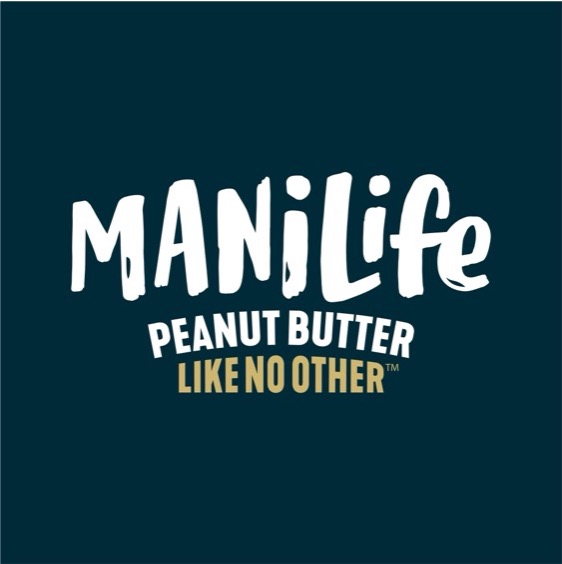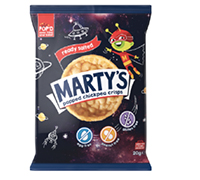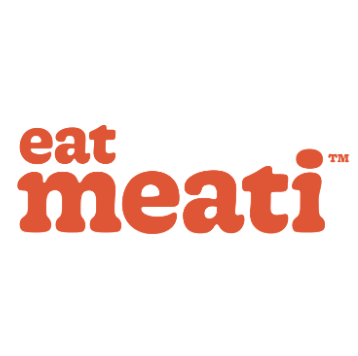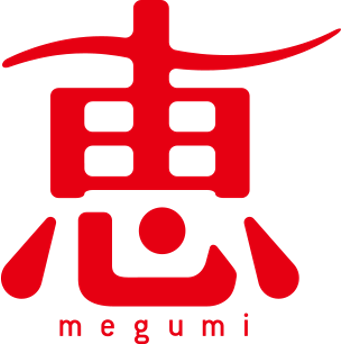Our case studies focus on brands and products that provide lessons from real challenges and opportunities which you can use to inform business strategy. They are packed with detail including brand portfolio, pricing, and communications and marketing strategy, merchandising and distribution, and come with a check list of key lessons learned.
Published: July 2024
Case study: Little Moons
This British maker of gelato bites wrapped in mochi dough has seen significant growth over the past 3 years, much thanks to a TikTok video that went viral. The brand is now available in 28 markets globally and sales grew by approximately 100% between 2022 and 2023.
Download powerpointPublished: January 2021
Case study: LivUp
This Brazilian ready meal brand relies on direct-to-consumer as its main channel and targets busy professionals with its ultra-frozen meals made from ingredients sourced from small local suppliers. After only four years on the market, the brand already has annual revenue of $10m+.
Download powerpointPublished: July 2020
Case study: Lohilo
With marketing that includes unicorns and rainbows, Sweden's first protein ice cream brand Lohilo clearly targets young, active and adventurous consumers. The brand focuses solely on social media and word-of-mouth marketing and sales grew by 87% in Q1 2020.
Download powerpointPublished: November 2017
Case Study: Love Beets
Love Beets was founded in England in 2010 by vegetable growers Guy and Katherine Shropshire, who grew and sold their salad vegetables in the UK. On on a visit to the US they saw an opportunity to market and merchandise beets, so they started to experiment with various marinated beets recipes, and took these to the Fancy Food Show in NYC.
Download powerpointPublished: September 2018
Case Study: Löfbergs
One-hundred-and-twelve-year-old coffee roaster Löfbergs shows that a family-owned business can innovate and keep up with the times. The Swedish company has successfully stepped into RTD coffee and is proving itself able to compete with the giants of the coffee business.
Download powerpointPublished: February 2025
Case study: Manilife
This massively premium priced start-up has contributed to the premiumisation of the UK nut butter category. It saw a 49% sales growth in 2024, significantly more than the overall category’s 2.9%.
Download powerpointPublished: December 2019
Case study: Marty's
Danone enters the UK ambient kids’ snacks market for the first time with its Marty’s brand of allergy-friendly snacks. Products from Marty’s are free from peanuts, egg and gluten and are claimed to be “delicious snacks that you can trust”.
Download powerpointPublished: January 2025
Case study: Meati
This young company makes whole-cut alternatives to meat by growing mycelium into desired shapes. It is a rare example of a plant-based meat company that is open about not wanting to replace animal meat, but rather act as a complement to it.
Download powerpointPublished: June 2023
Case study: Megumi
The Megumi brand is one of few brands to succeed under Japan’s Foods with Functional Claims (FFC) regulations. Its success can be attributed to the fact that it was the first functional yoghurt product with a 'visceral fat reduction' claim, which caught the attention of consumers.
Download powerpointPublished: March 2023
Case study: Meiji LG21
LG21 became a revolutionary pioneer of yoghurt with functional claims when it launched in 2000. Today it is the market leader in the Japanese yoghurt market, much thanks to its proven effect on digestive health.
Download powerpoint
